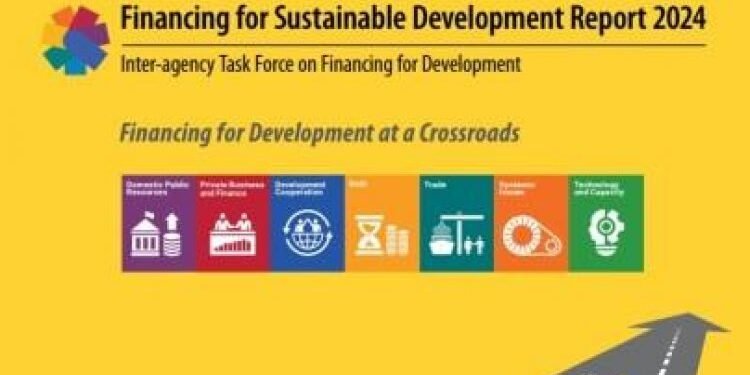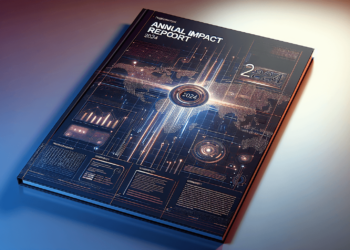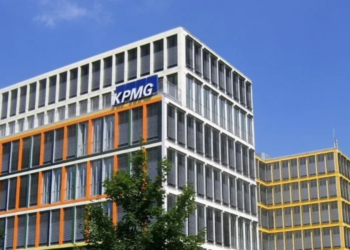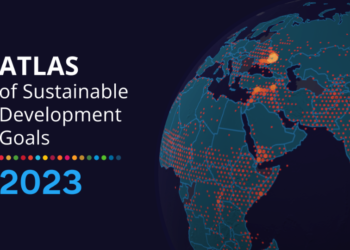In the realm of sustainable development, the pursuit of financing solutions remains paramount. The Financing for Sustainable Development Report 2024 underscores the critical need to address the challenges hindering progress towards achieving sustainable development goals (SDGs) worldwide. As we delve into the intricacies of sustainable development financing, it becomes evident that a multi-faceted approach is imperative to bridge the gap between aspirations and tangible financial outcomes.
Current Landscape of Financing Challenges
The Urgent Need for Action
At the core of the sustainable development crisis lies the pressing issue of financing. Despite the global commitment to the 2030 Agenda for Sustainable Development, substantial financing gaps persist, impeding progress towards SDG targets. Alarmingly, nearly half of the 140 SDG targets deviate from the required trajectory, signaling a dire need for accelerated action.
Persistent Inequality and Climate Crisis
The report highlights the stark reality of persistent inequality and the looming climate crisis. With projections indicating that nearly 600 million people will continue to endure extreme poverty by 2030, urgent interventions are imperative. Furthermore, inadequate progress on climate action, coupled with rising global greenhouse gas emissions, exacerbates the urgency for sustainable financing solutions.
The Imperative of Unprecedented Investments
Scaling Up Financing for SDGs
Achieving the ambitious targets outlined in the SDGs necessitates unprecedented investments on a global scale. Estimates indicate trillions of dollars in annual financing requirements for SDGs and climate action. However, the costs of inaction far outweigh the financial commitments required, underscoring the urgency for decisive investment strategies.
Addressing Financing Disparities
Developing countries, in particular, face significant financing challenges due to higher costs of capital and limited access to favorable financing terms. The report underscores the need for addressing misaligned incentives, both in the public and private sectors, to channel investments towards sustainable development initiatives effectively.
Evolving Global Financial Landscape
Shifting Macroeconomic Conditions
The global financial landscape has undergone significant shifts, with GDP growth rates in developing countries experiencing a notable decline. This change, compounded by rising systemic risks such as climate-related disasters, underscores the need for adaptive financing frameworks to navigate an increasingly volatile environment.
Rising Debt Burdens and Fiscal Constraints
Many countries grapple with escalating debt burdens and fiscal constraints, with a substantial portion of government revenue allocated to debt servicing. Private sector development, a linchpin for sustainable growth, has stagnated in recent years, necessitating innovative approaches to stimulate investment and economic revitalization.
The Path Forward: Fourth International Conference on Financing for Development
Catalyzing Transformative Change
The upcoming Fourth International Conference on Financing for Development (FfD4) in Spain presents a pivotal opportunity to catalyze transformative change. With an ambitious mandate to address financing challenges within the context of accelerating SDG implementation, FfD4 aims to foster international collaboration and innovation in sustainable financing practices.
Embracing Comprehensive Reforms
Key themes to be addressed at FfD4 include enhancing spending effectiveness, reforming the international financial architecture, rebuilding trust in global partnerships, and formulating new development pathways. By fostering dialogue and consensus on these critical issues, FfD4 aims to chart a course towards inclusive and sustainable development for all.
Conclusion
In conclusion, the Financing for Sustainable Development Report 2024 serves as a clarion call for concerted action to unlock sustainable financing solutions. By addressing the multifaceted challenges outlined in the report and leveraging the opportunities presented by initiatives such as FfD4, we can pave the way towards a more equitable, resilient, and sustainable future for generations to come.





